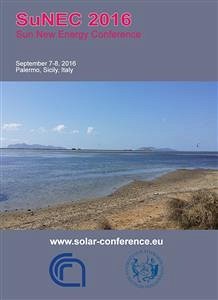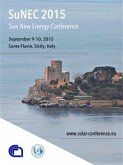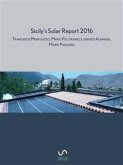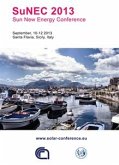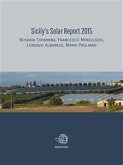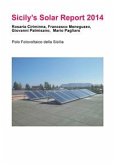Can the best solar fuel be artificial starch, rather than other energy storage compounds? In his opening lecture, Professor Percival Zhang, Virginia Tech, reports about the high-energy efficiency electricity-carbohydrate-hydrogen cycle (ECHo) for a carbon-neutral common future. Carbohydrates indeed are sources of food, feed, liquid biofuels, and renewable materials and would be a high-density hydrogen carrier and an electricity storage compound (e.g., >3,000 Wh/kg). Wouter Maes, Institute for Materials Research, Hasselt University, Belgium, offers a materials chemist point of view on organic photovoltaics. Henning Döscher, Philipps-Universität Marburg, shows how solar hydrogen can be generated by direct photoelectrolysis of water with verified solar-to-hydrogen yield now exceeding 15% with pathways towards 20%. Showcasing work of some the leading researchers in the field of solar energy, and bringing together young researchers with distinguished scientists, the Book of Abstract of SuNEC 2016 confirms the scope and relevance of contemporary solar energy science and technology presented at the 6th edition of this high-level meeting held yearly in Sicily since 2011
Bitte wählen Sie Ihr Anliegen aus.
Rechnungen
Retourenschein anfordern
Bestellstatus
Storno

